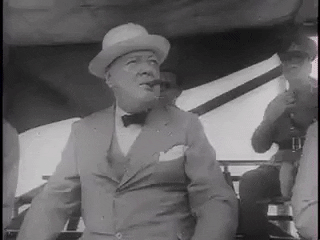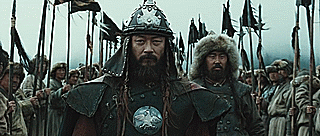Strategic Leadership Analysis
Churchill archetypes surface in volatility. You absorb fear, speak boldly, and become the emotional thermostat when stakes feel existential. Downtime bores you; challenge energizes you.
Strengths
- Animates purpose with memorable storytelling
- Absorbs fear and converts it to collective courage
- Makes rapid decisions when conditions change hourly
- Builds coalitions of unlikely allies
- Balances tradition with innovation under fire
Pressure Points
- Intensity can exhaust calmer teammates
- Blunt feedback may bruise relationships
- Prone to restless energy between crises
- Requires disciplined operators to sustain execution
- Risk of overlooking quieter dissent
Relationship Operating System
You need partners who ground you during calm periods and navigate emotional swings with humor and honesty.
Deployment Zones
Crisis leadership, public affairs, media strategy, transformation programs, defense and security
Leadership Lessons to Apply Today
Practice listening during stability. Celebrate small wins, not just dramatic battles, and keep a recovery plan for your own resilience.



